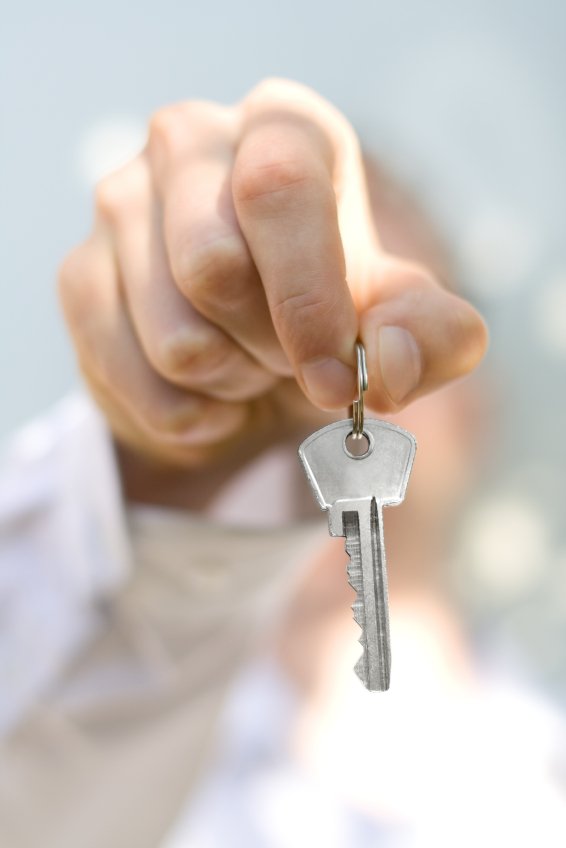
Congratulations, you’ve found your dream home, and now you’re ready to close. Before you finally get the keys and take ownership of your new home, you probably have a lot of questions about the mortgage closing or settlement process. Here are some FAQs to help you know exactly what to expect to help your closing go smoothly.
When should I schedule my closing? Don’t wait until the last day of the month to schedule your closing date. If an issue occurs during your closing, it may mean your closing will be delayed until the beginning of the next month, which can lead to increased closing costs. Instead, schedule your closing date around the 20th to 25th day of the month.
How much time should I allot for my closing? Closings can last 90 minutes or more. So don’t expect to complete your closing during your lunch hour. Play it safe, schedule a half day away from work.
Can I review any paperwork prior to closing? Yes. By law, you can ask for a copy of the closing settlement statement, also called the HUD-1 form, to review at least 24 hours in before closing. Contact your lender or settlement company for copies of the documents you’ll have to sign. Compare the HUD-1 form to the good faith estimate or GFE form. The HUD-1 form outlines all of the fees related to the home sale. Double-check all numbers and look for any typos that may cause a holdup in your closing. Consider having your attorney review the documents, too.
What if I don’t understand all of the terms and fees listed on the forms? Call your real estate agent or the settlement company and ask questions. Make sure you understand all terms, fees and payments.
What should I bring to closing? You should bring:
- A valid picture ID, like a driver’s license
- Proof of homeowners insurance
- Copies of your good faith estimate, inspection report and all documents used by the lender to approve your mortgage
- A certified or cashier’s check made payable to the settlement company and in the total amount of your closing costs
Who will be at the closing? Depending on your state and local area, the following people may be present at the closing:
- You, the buyer
- The home seller
- Real estate agents for the buyer and the seller
- Attorneys for the buyer and the seller (optional)
- Escrow/closing agent
- Title company representative
- Mortgage lender representative
What happens during the mortgage closing? The seller signs the deed, transferring the property’s ownership to you. As the buyer, you sign mortgage and property ownership documents. These documents include:
- HUD-1 settlement statement
- Final Truth in Lending Act statement – shows the cost of the loan and the annual percentage rate
- Mortgage note – states your promise to repay the loan
- Mortgage or deed of trust – secures the mortgage note with the property as collateral
- Any affidavits and declarations – declares a fact to be true
During closing, you’ll also show proof of homeowners insurance, and pay any closing costs and escrow payments. The seller may also have to pay costs related to escrow or closing. The closing agent will set up your escrow account. You’ll receive the title to the property and the keys to the home. The closing or title company will officially record documents like the warranty deed.
What happens after closing? You celebrate owning your new home and move in.
A number of important steps are involved in closing on your new home. If you have any questions during the process, don’t hesitate to contact your real estate agent.
Prior to your closing, and actually even before you start your house hunt, you should contact a trusted mortgage broker to determine the mortgage that’s best for you. The mortgage specialists at Grandview Lending are here to answer your questions.
Photo credit: iStockphoto
Do you know how much home you can afford?
Most people don’t... Find out in 10 minutes.
Today's Mortgage Rates

Leave a Reply